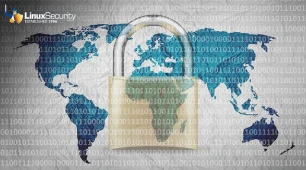1 - 2 min read
Nov 16, 2000
Lately, reactions to non-intrusive probes and network activity that is merely unexpected are becoming increasingly hostile; a result from increasing amounts of incidents and security threats. From my perspective of security, overreactions to activities not crossing authorization and legal boundaries, are . . .
Lately, reactions to non-intrusive probes and network activity that is merely unexpected are becoming increasingly hostile; a result from increasing amounts of incidents and security threats. From my perspective of security, overreactions to activities not crossing authorization and legal boundaries, are leading to a scenario where anyone acquiring basic information about a system needs to be afraid about potential consequences. Seen under a wide scope, this leads to network security no longer being transparent.
Why a non-transparent security situation on the Internet is bad? Obviously, it is a big advantage to malicious intruders who have no legal concerns because they can conceal their identity through compromised systems, and a big disadvantage to security firms, admins and individuals who depend on a complete picture of Internet security problems to solve them. Non-malicious, beneficial large scale scans like the broadcast amplifier scanning projects are becoming harder and riskier to perform using legal resources.
The link for this article located at Mixter Help Net Security is no longer available.
















